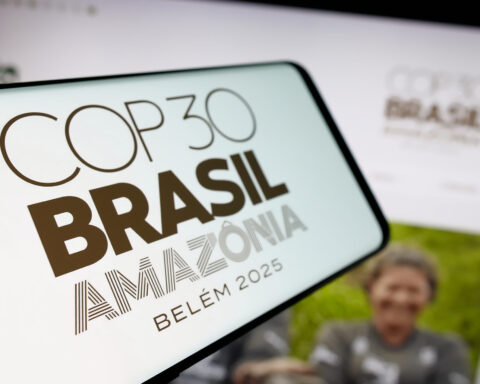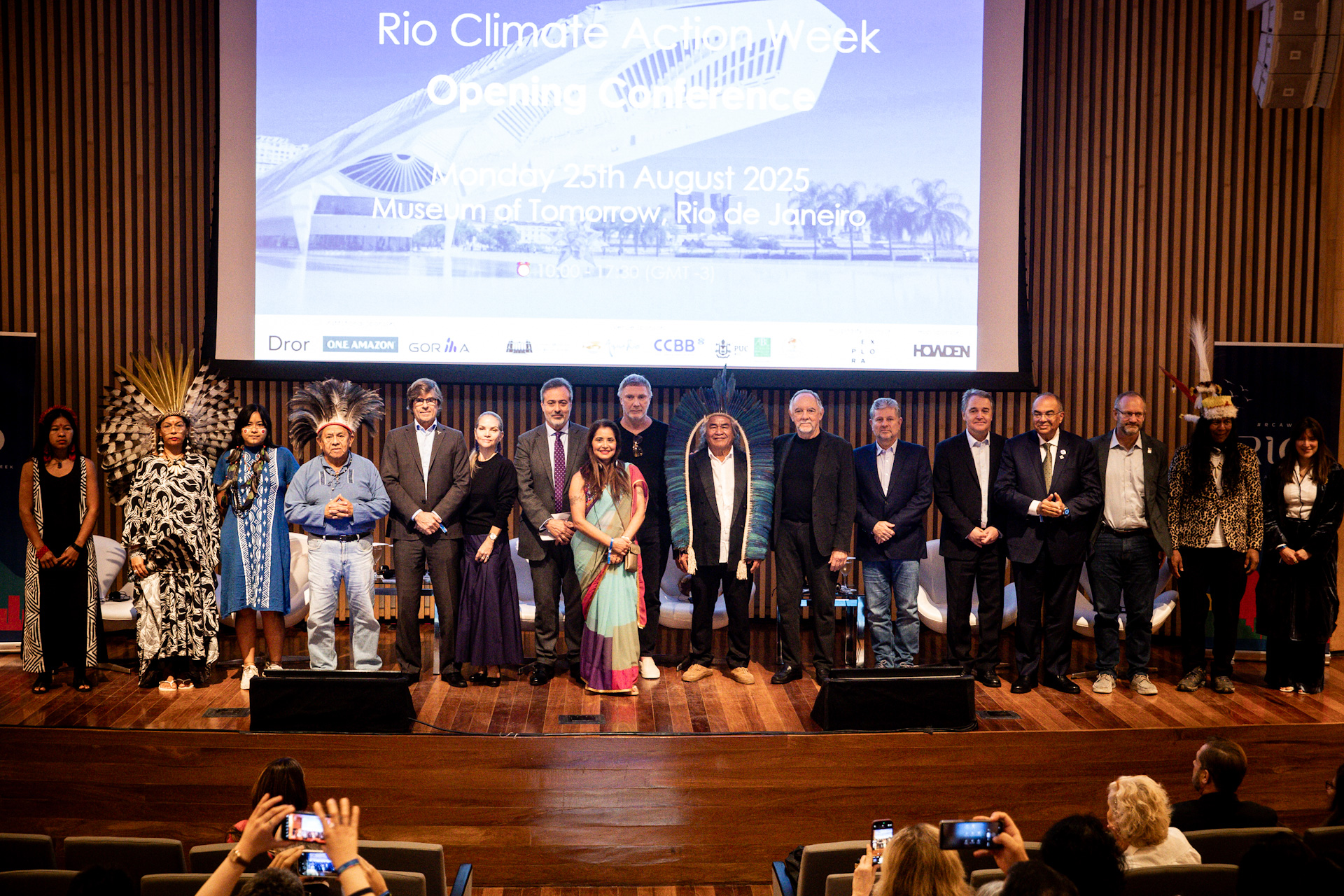With just weeks to go before the world gathers in Brazil for COP 30, Africa is preparing to take center stage at the Second Africa Climate Summit (ACS2) in Addis Ababa, Ethiopia.
The summit, scheduled for 8–10 September 2025, with pre-summit events from 5–7 September 2025, is shaping up to be a landmark platform for the continent to amplify its demands on climate finance, justice, adaptation, and resilience.
The Government of the Federal Democratic Republic of Ethiopia, in partnership with the African Union Commission (AUC), has confirmed that preparations are in their advanced stages for the continental gathering, which will be hosted at the Addis International Convention Center (AICC).
Under the theme “Accelerating Global Climate Solutions: Financing for Africa’s Resilient and Green Development,” ACS2 will seek to consolidate Africa’s common voice, build alliances, and set the tone for negotiations at COP 30.
Why ACS2 Matters for Africa
Africa contributes less than 4% of global greenhouse gas emissions yet bears some of the heaviest burdens of climate change, from devastating floods and droughts to food insecurity and displacement.
The summit is widely seen as a crucial opportunity for the continent to demand fair financing mechanisms and reform of the global climate finance architecture, including pressing developed nations to honour their commitments on the long-delayed $100 billion climate finance pledge.
The timing of ACS2 is also critical: with COP 30 in Belém, Brazil, expected to witness limited participation from many developing countries due to soaring accommodation and logistics costs, ACS2 provides a more accessible platform for African leaders, negotiators, and civil society groups to consolidate their priorities and strategies.
“ACS2 will ensure that Africa does not arrive in Belém with fragmented voices but with a coordinated demand for climate justice, equitable financing, and just transitions that reflect our realities,” said a senior climate policy expert in Addis Ababa.
A High-Level Gathering
The summit is set to host a distinguished lineup of leaders and global climate actors, including UN Secretary General António Guterres, UNFCCC Executive Secretary Simon Stiell, AUC Chairperson H.E. Mahamoud Ali Youssouf, COP 29 President H.E. Mukhtar Babayev, and COP 30 President-Designate H.E. Ambassador André Aranha Corrêa do Lago.
Their presence underscores the recognition of Africa’s role in shaping global climate solutions, not only as a vulnerable region but as a continent with immense opportunities in renewable energy, green minerals, and nature-based solutions.
The summit will feature over 180 side events on key themes, including Nature-based Solutions, Just Energy Transitions, Green Minerals, Agriculture and Food Systems, Cities, Early Warning Systems, Health, Finance, and Investment.
Pre-summit events include the 13th Conference on Climate Change and Development in Africa (CCDA-XIII), the African Youth Climate Assembly 2025, and meetings of the African Group of Negotiators (AGN).
Pavilions and exhibitions to showcase African innovations, partnerships, and climate-smart investments.
These events are designed to highlight Africa’s capacity to drive solutions while also underscoring the gaps that require international financing and support.
Africa at the Center of Global Climate Conversations
With preparations for Climate Week 2-2025 (CW2) and ACS2 running back-to-back in Addis Ababa, Africa is positioning itself at the epicenter of global climate dialogue. This coordination is expected to generate momentum, align policies, and foster stronger collaboration between African states, the private sector, and international partners.
For African nations, ACS2 is more than just a conference; it is a platform to demand accountability, climate justice, and equitable financing. It signals the continent’s readiness to move from being passive recipients of aid to active negotiators and solution providers in the global climate process.
As the world prepares for COP 30 in Belém, the likelihood that many African nations and grassroots voices will be underrepresented due to the prohibitive costs of participation makes ACS2 even more significant.
By providing a space for robust dialogue and strategy-setting on the continent, the summit ensures that Africa’s priorities, from climate adaptation financing to resilience building and just transitions, remain firmly on the global agenda.
In Addis Ababa this September, Africa has the chance to turn its vulnerabilities into bargaining power and its rich natural endowments into leverage for a fairer global climate deal.
By Dare Akogun








